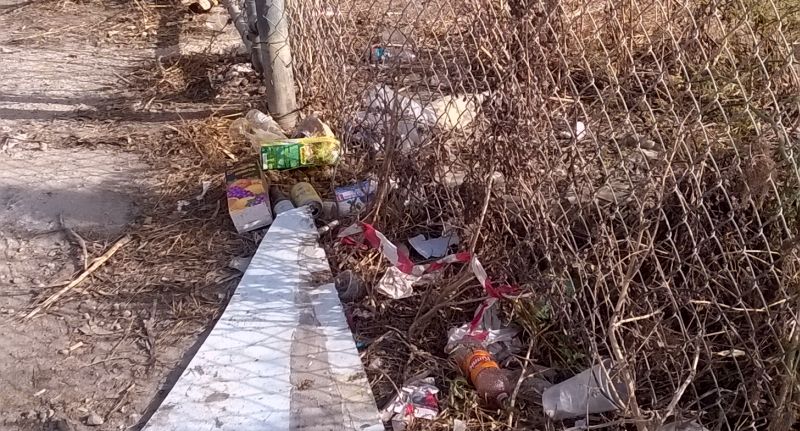A recent article in the New York Times attempted to calculate individual contributions to climate change derived from driving, flying and other activities. The criticism is very valid, but once again it is focused on individual responsibility and individual behavioural changes, which make life less enjoyable for those already ‘converted’ to environmentalism. It is true that we vote for the world we want with our money, but I would suggest first and foremost focusing on businesses that encourage this wasteful behaviour:
1. Take-aways. Many places in London and Brussels charge extra if their clients eat from reusable dishes they provide, rather than littering our planet with single-use plastic. Taking a plastic box with plastic utensils and, if it is a sushi restaurant, a fish-shaped plastic container for soya sauce with double the amount of soya you actually need costs less than sitting in, eating from a ceramic plate and pouring as much soya sauce as one needs into a small ceramic plate. Cafes charge the same for plastic-lined carton cups that travel halfway across the world as they do for using their reusable ceramic cups. How does that make sense? This is a classical example of externalised costs. The cost of garbage disposal is imposed on the city. Governments should act immediately – tax single-use plastics and ban the practice of making take-aways cheaper than eating in.
2. Frequent flyer bonuses. I am guilty of frequent flying myself – it cancels out all environment-friendly practices I engage in. Part of it is for work, part is for fun. As the NYT article explains, flying is one of the most harmful contributions to CO2 emissions, and flyers should not kid themselves into thinking that planes would fly with or without them. Cheap airlines especially use big data to add and remove routes and manage flight frequencies. One by one they are launching apps to be able to monitor not only the flights we take, but also the flights we check out and decide against. Instead of encouraging frequent flying, companies could be obliged to add frequent flyers to a mandatory carbon compensation scheme.
3. Not asking how much packaging a customer wants. Many people complain that they feel embarrassed to say they didn’t want endless extra layers of plastic, but didn’t manage to speak up fast enough. Also, by the time something is packaged in an extra layer of plastic, whether or not the customer wanted it, the packaging may already been ruined or considered contaminated to use for the next customer. Don’t businesses want their customers to leave in a good mood, without regrets? Then how about training staff to ask?
4. Mixing and landfilling waste. In Malta, the government was very proud to have launched an organic waste sorting and disposal scheme last year. Believe it or not, it was not extended to commercial establishments! This means that even catering businesses continue mixing food waste with paper, plastic, stickers and various mixed materials. Clean plastic, of course, can be recycled, but this is far from enough, and is not sufficiently encouraged in a busy business routine. Separating and composting food waste, which releases methane gas when in landfill, should be an obligation in catering establishments.
5. Polluting freebies. It is always sweet to receive some free treats, but people are obviously more likely to take what they don’t exactly need and wouldn’t buy if it is offered for free. Plastic toys, keyrings, bags, and so on are not useful, they accumulate and are often discarded when decluttering. Packaged small snacks usually do not offer that much satisfaction as to offset the harm they do to the environment. I believe that before introducing any bans, especially those that affect less privileged individuals (with limited budgets or disabilities), governments should ban giving single-use plastic away. People could still buy single-use plastics, but this stuff should never be free – it should actually be expensive, given all the damage it does and the efforts it takes to clean it up.
By focusing on businesses, the impact of environmental policies should be much greater.


